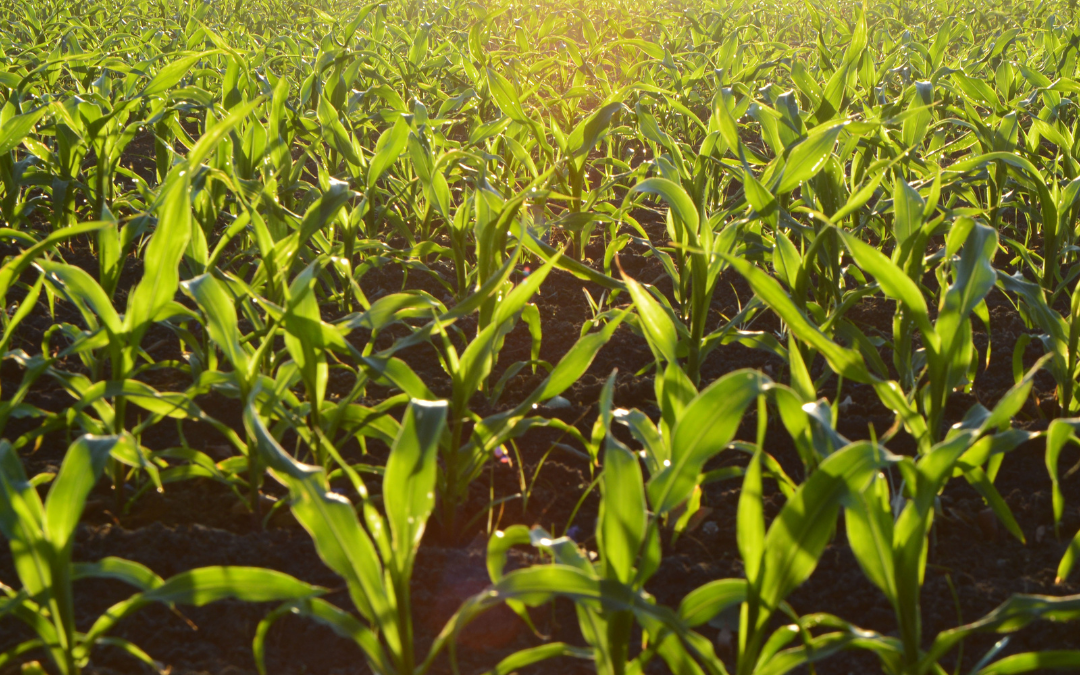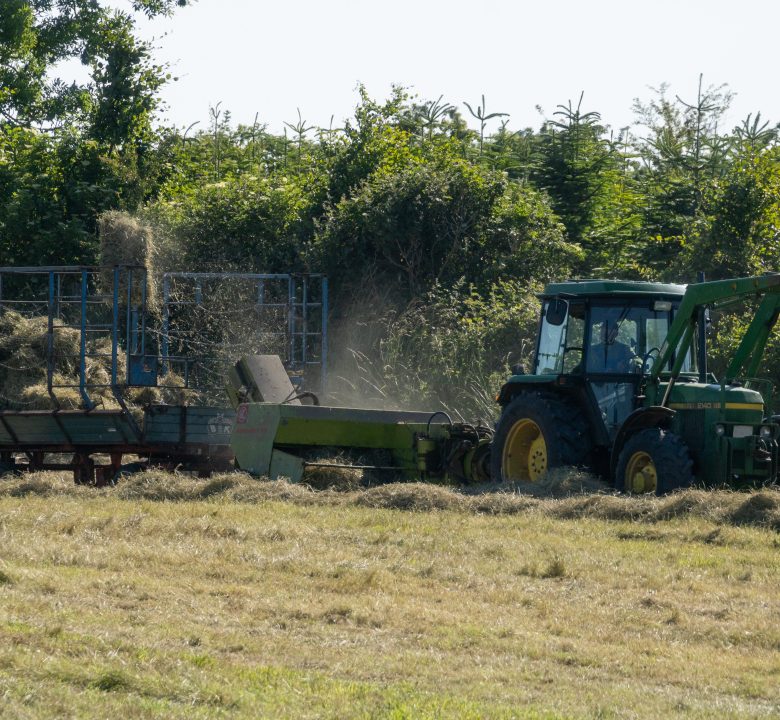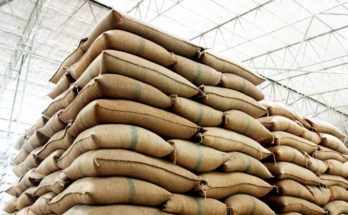
Vermicomposting: Harnessing the Power of Earthworms
February 6, 2023
Ensuring Food Security in Africa: Analysis of Current Policies
February 7, 2023Africa is known for its rich agricultural heritage and diverse landscape that provides ideal conditions for a wide variety of crops and livestock. Over the centuries, African farmers have developed unique and sustainable agricultural practices that have helped them to conserve natural resources and ensure food security for their communities. However, despite its potential, the agriculture sector in Africa is facing numerous challenges, including declining soil fertility, deforestation, desertification, and the effects of climate change.
To ensure the continued growth and prosperity of Africa’s agricultural sector, it is important to honor its heritage and build upon its strengths while addressing its challenges. This requires a comprehensive approach that includes investments in research and development, infrastructure, and human capital. By taking a forward-looking perspective, we can build a sustainable future for Africa’s agriculture that benefits farmers, communities, and the environment.
Revitalizing Soil Fertility through Traditional Agriculture Practices
One of the main challenges facing Africa’s agriculture is declining soil fertility, which is affecting the productivity of crops and livestock. To address this, African farmers are turning to traditional agricultural practices that have been used for centuries to conserve soil fertility and enhance crop yields. For example, traditional practices such as intercropping, companion planting, and using animal manure as fertilizer have been found to be effective in revitalizing soil fertility and increasing crop yields.
In addition to these traditional practices, modern technologies and innovations are being developed and tested to help farmers in Africa improve soil fertility. For instance, new fertilizers, such as biochar, are being developed to help farmers retain soil moisture and improve soil structure, which leads to better root development and increased crop yields.
Protecting the Environment through Sustainable Agriculture
Sustainable agriculture is essential for protecting the environment and conserving natural resources. In Africa, traditional agricultural practices, such as agroforestry, have been found to be effective in conserving soil and water, reducing erosion, and promoting biodiversity.
To promote sustainable agriculture, governments and organizations are investing in research and development, as well as infrastructure and training programs for farmers. For example, many organizations are working to promote sustainable farming practices by providing training and resources to help farmers adopt new technologies and innovative approaches. Additionally, many governments are investing in water management systems, such as irrigation systems and rainwater harvesting, to help farmers conserve water and improve crop yields.
Building the Future through Investment in Human Capital
Finally, it is important to invest in human capital to build a sustainable future for Africa’s agriculture. By providing education and training programs, as well as support for small businesses, Africa can build a thriving agricultural sector that benefits farmers, communities, and the environment.
For example, many organizations are working to provide training and support to help farmers improve their skills and adopt new technologies and best practices. Additionally, governments and organizations are investing in education and training programs for young people to help them become the next generation of farmers and agricultural leaders.
Conclusion
In conclusion, Africa’s agricultural heritage is a valuable resource that must be honored and preserved for future generations. By revitalizing soil fertility, protecting the environment, and investing in human capital, we can build a sustainable future for Africa’s agriculture that benefits farmers, communities, and the environment. By taking a forward-looking perspective, we can ensure the continued growth and prosperity of Africa’s agricultural sector, while also promoting food security and conserving natural resources.




